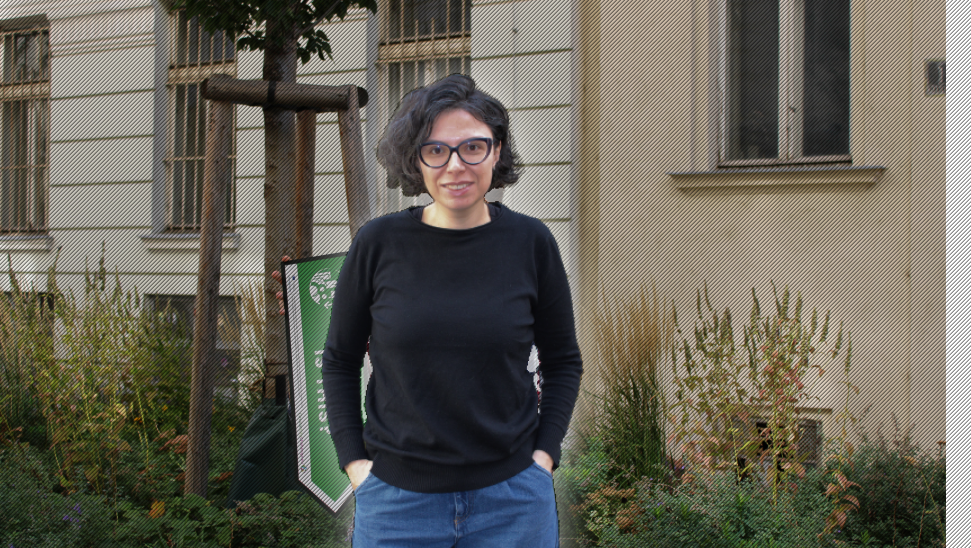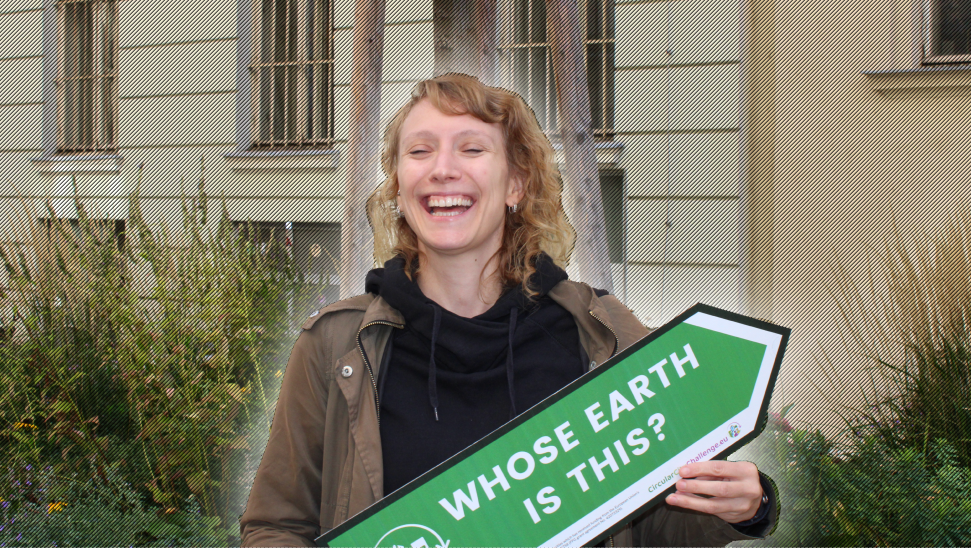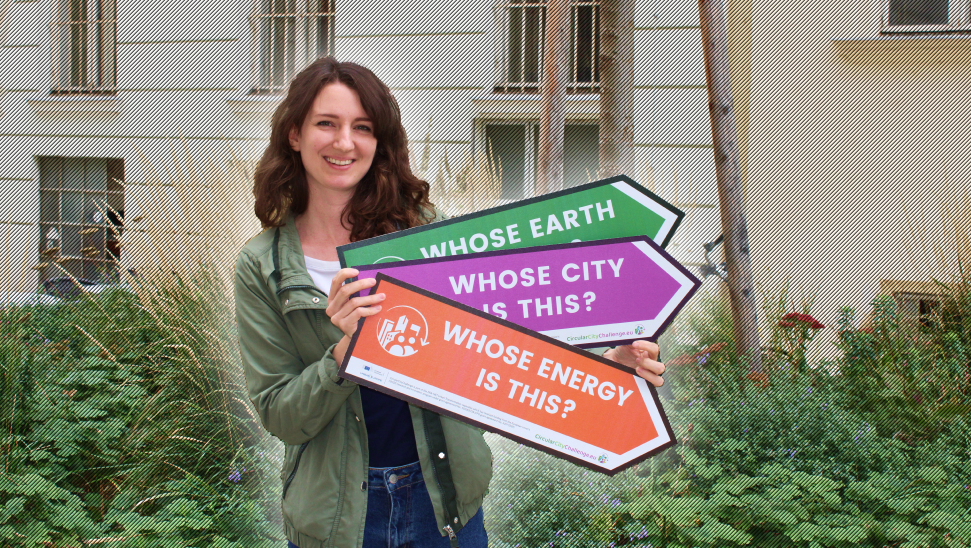What drives you professionally? What do want to achieve with your (personal) work? What do you consider your biggest personal successes? What are the barriers to your ambition?
I truly believe that through education we can have better, healthier cities and more resilient communities. I always look for the opportunities to work at the intersection between architecture, research, education and activism.
Some of my personal successes are in the action-research field, in participatory planning processes, in co-authoring two educational programs for De-a Arhitectura Association – De-a Arhitectura in My Room and Safety for School Children and recently coordinating TU_act – Teens Urban Acupuncture Project, part of Urban Up educational program of built environment education for teenagers and youths.
Why is CCC important to you? What is your role in the project?
CCC is important to me, first of all, because the target group is the one of teenagers, an often overlooked category of active users of the city. But an age group I feel really motivated to work with, because they are passionate, creative and very self-aware and concerned about who they want to become but also about the greater good.
In the project I aim to keep focus on what the challenge brings to them (teenagers) and what soft skills they might gain after entering such a contest. I am also interested in building a contest that will possibly have a continuity after the project is done.
How can CCC make a difference? What are the barriers to that? And what are the opportunities?
CCC can plant some seeds for change. CCC can encourage high school students that work in teams to be more empowered, it can give them a voice and offer a platform where they can be heard/seen, where the problems they are concerned of can benefit from their perspectives and ideas for improvement, they can contribute to some change for the better.
Urban Circularity is such a large, important theme, based on interconnectivity and through this contest the students can first learn more about stakeholder engagement and then become engaged stakeholders themselves.



